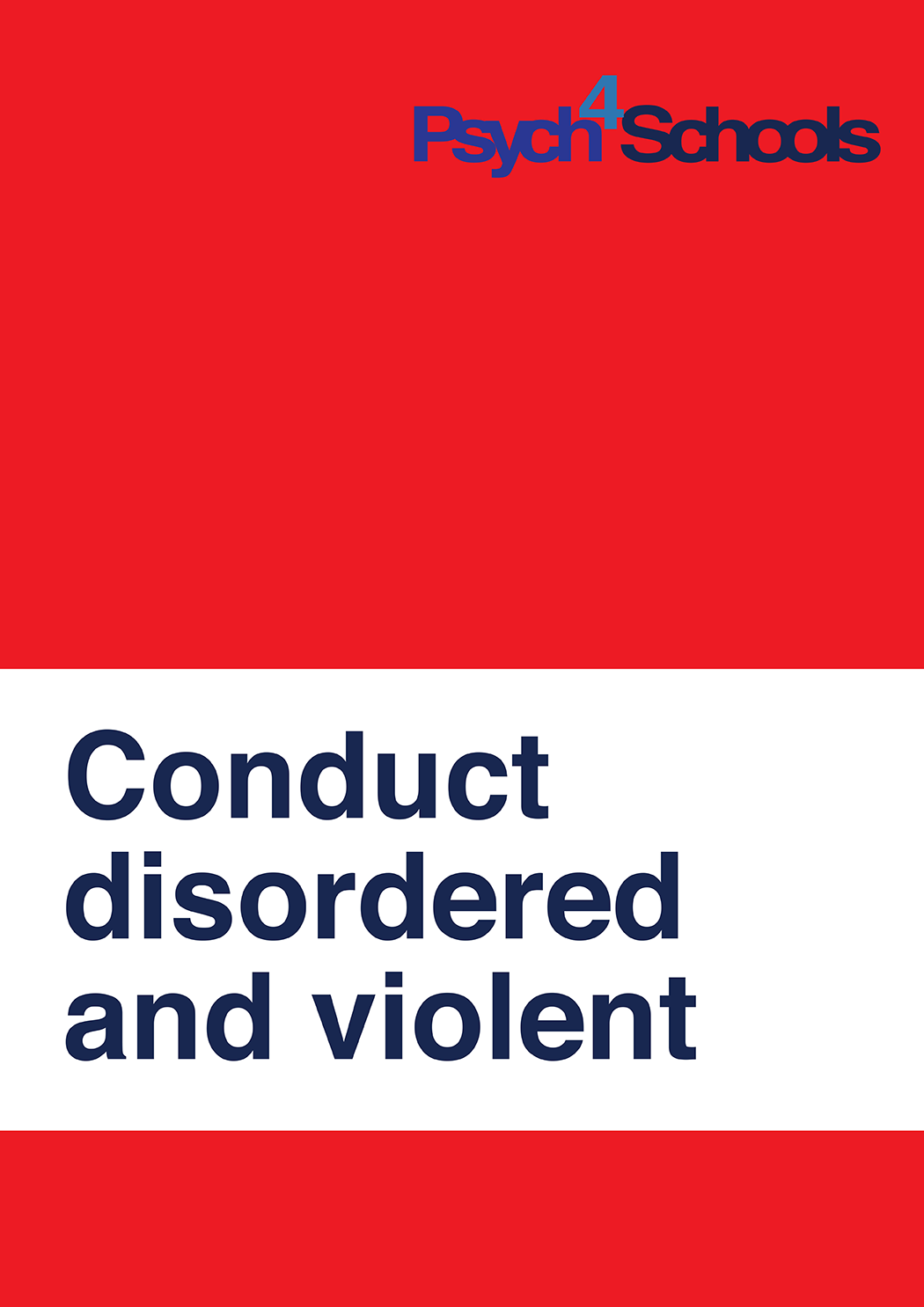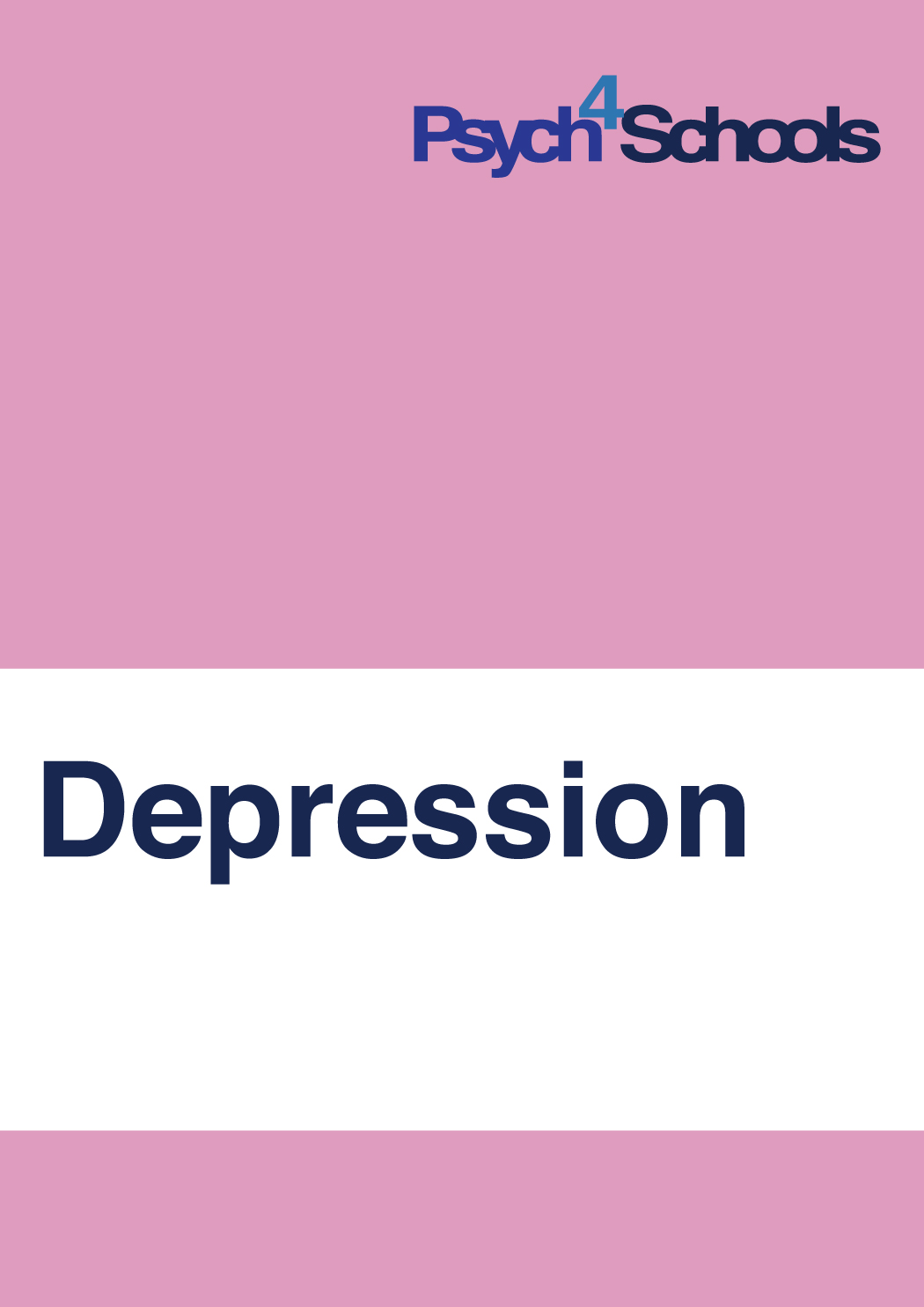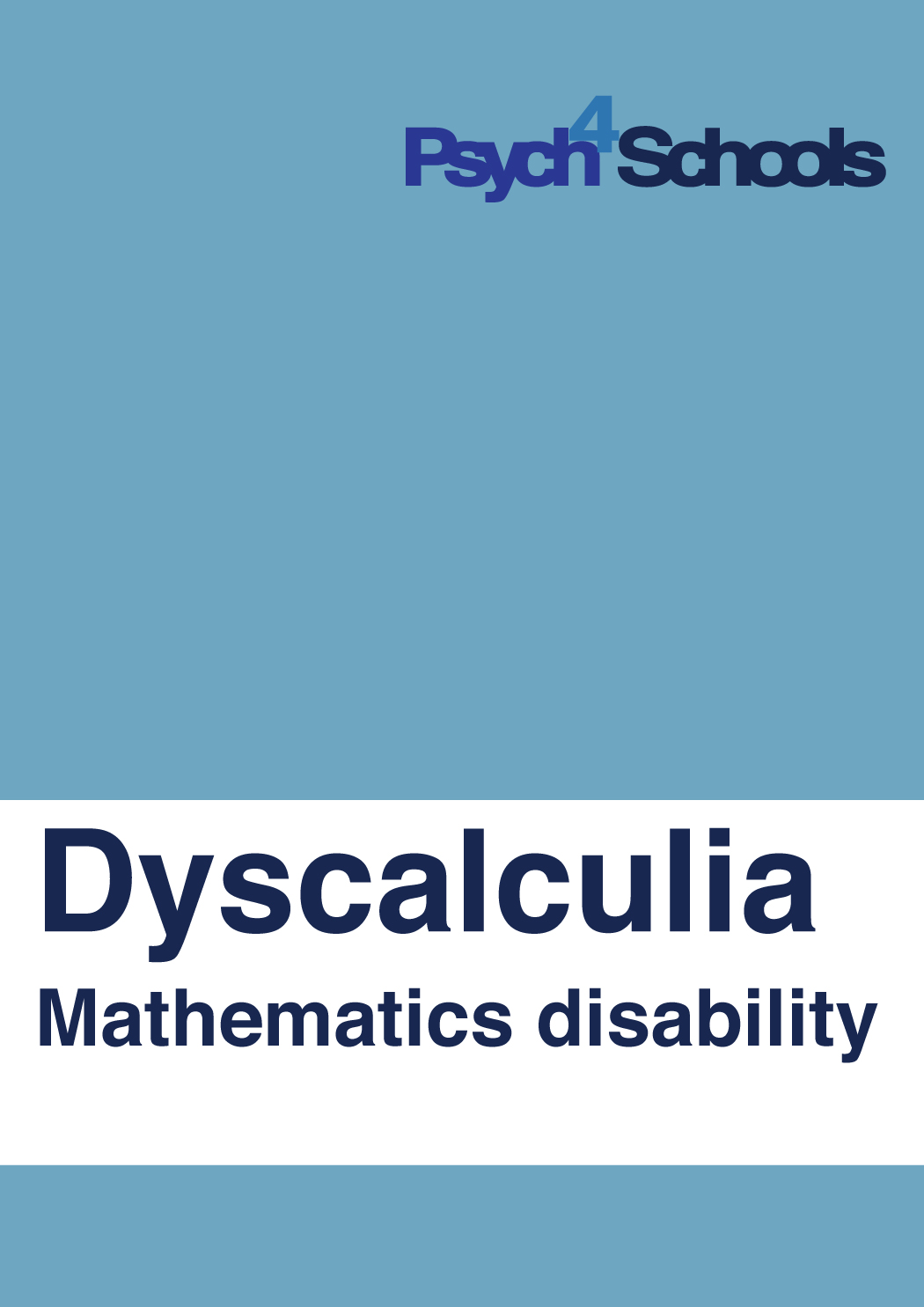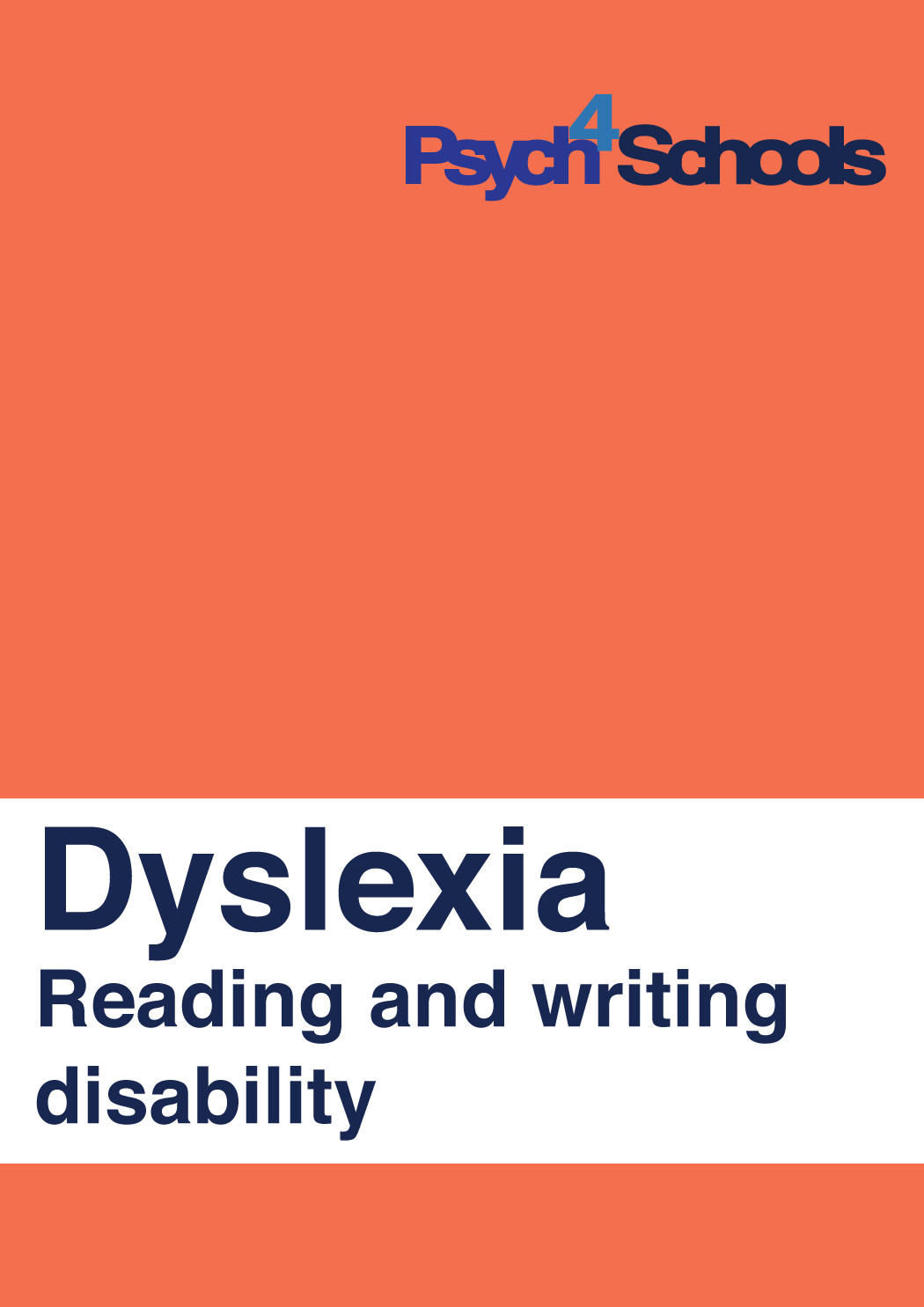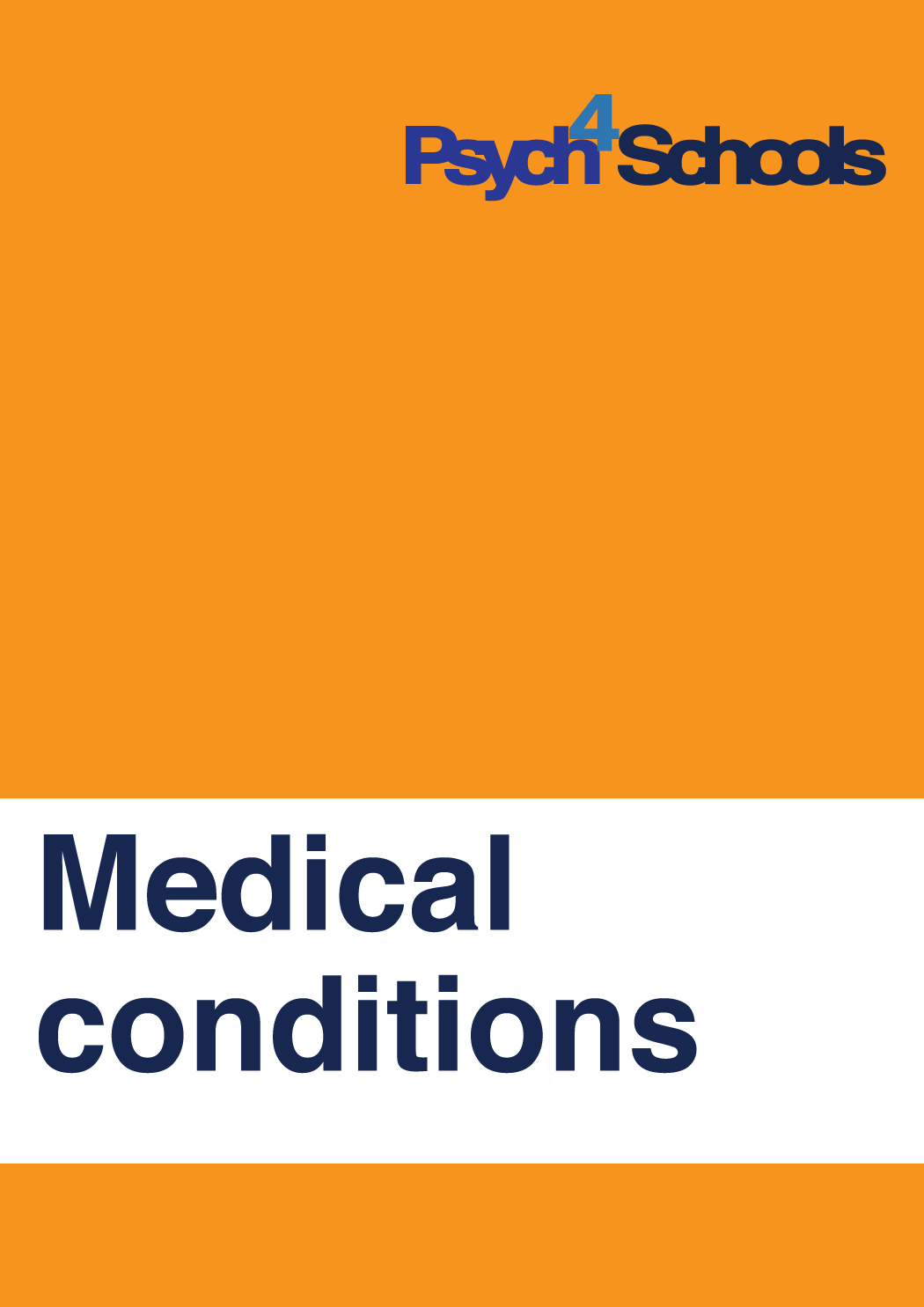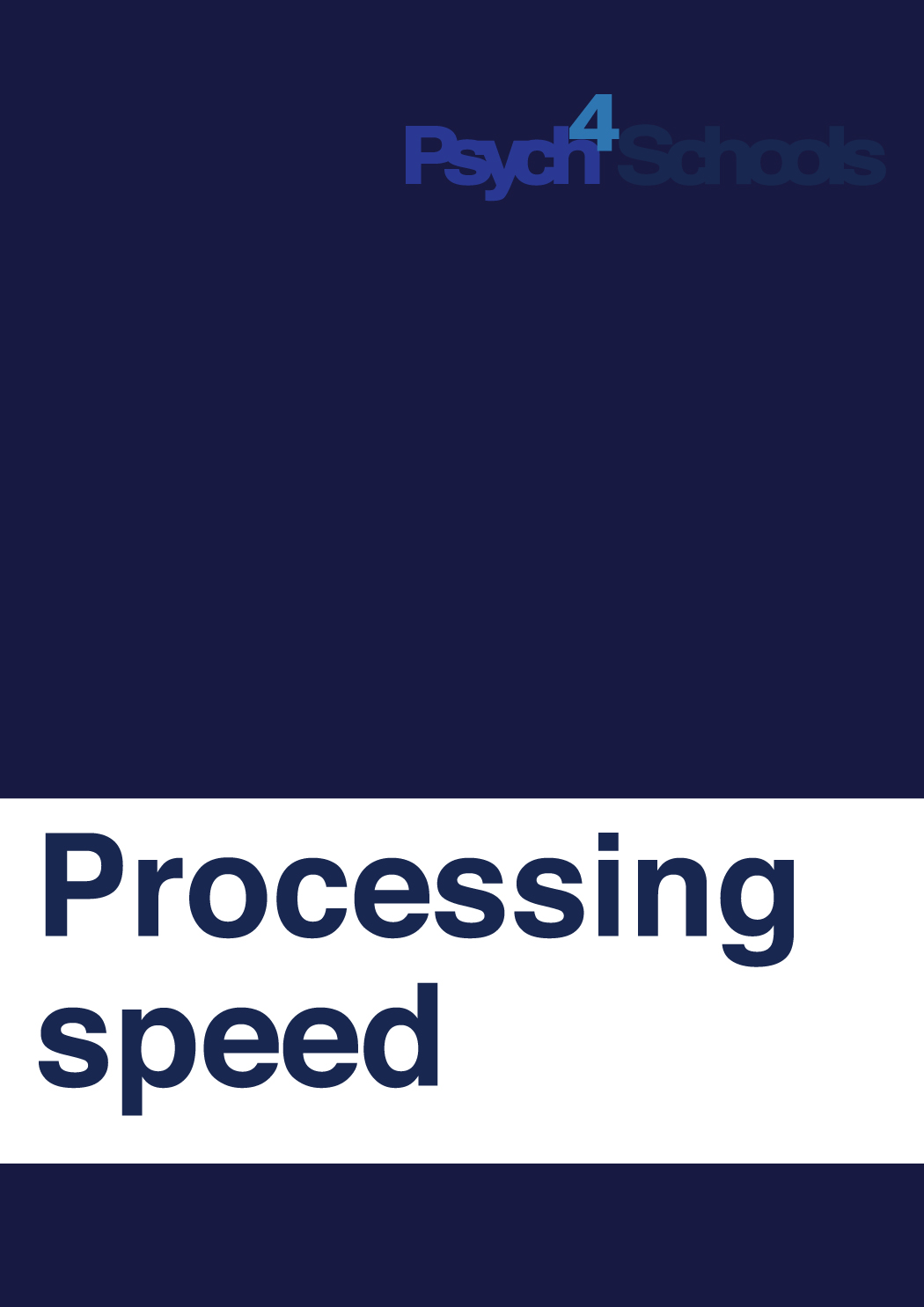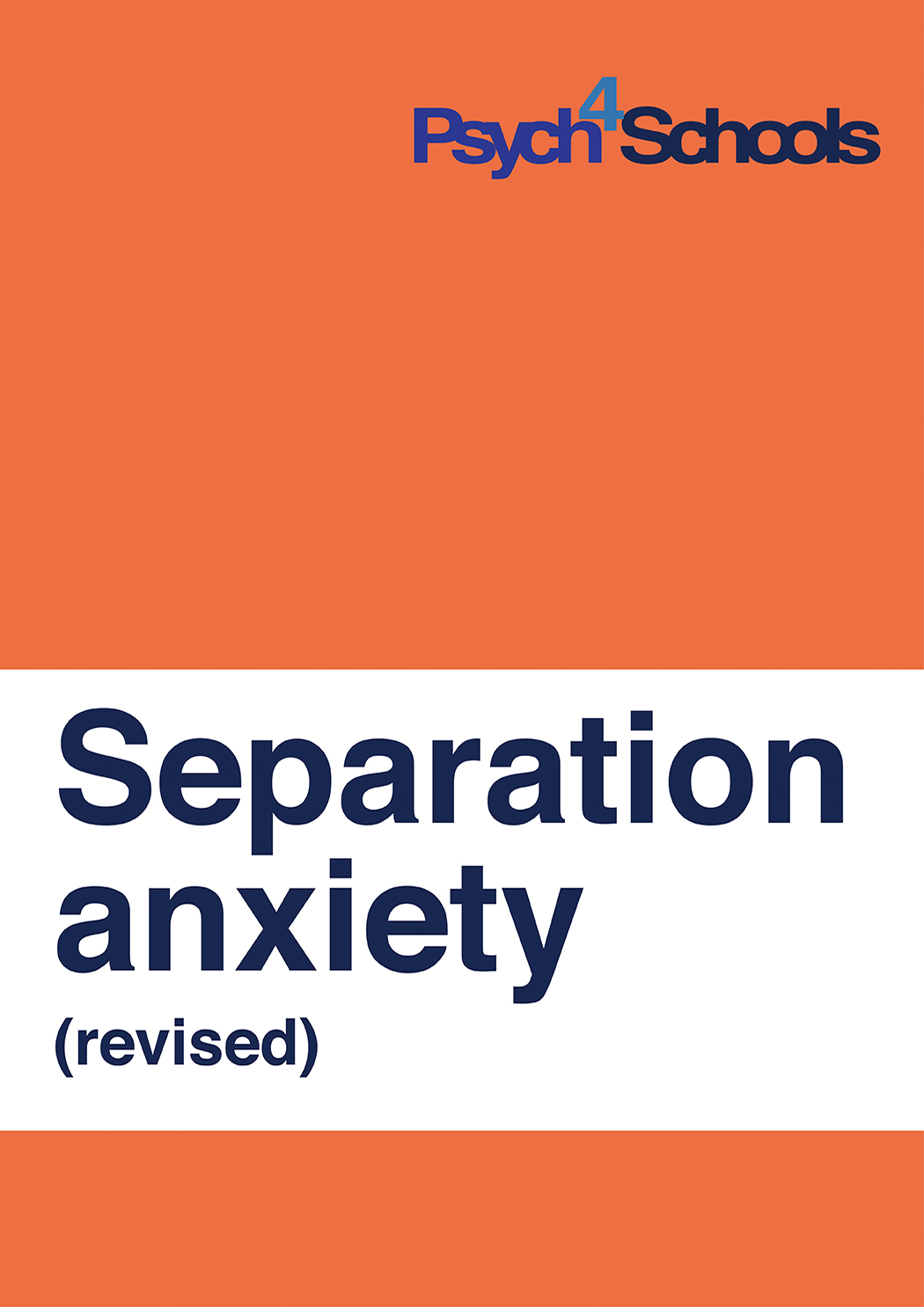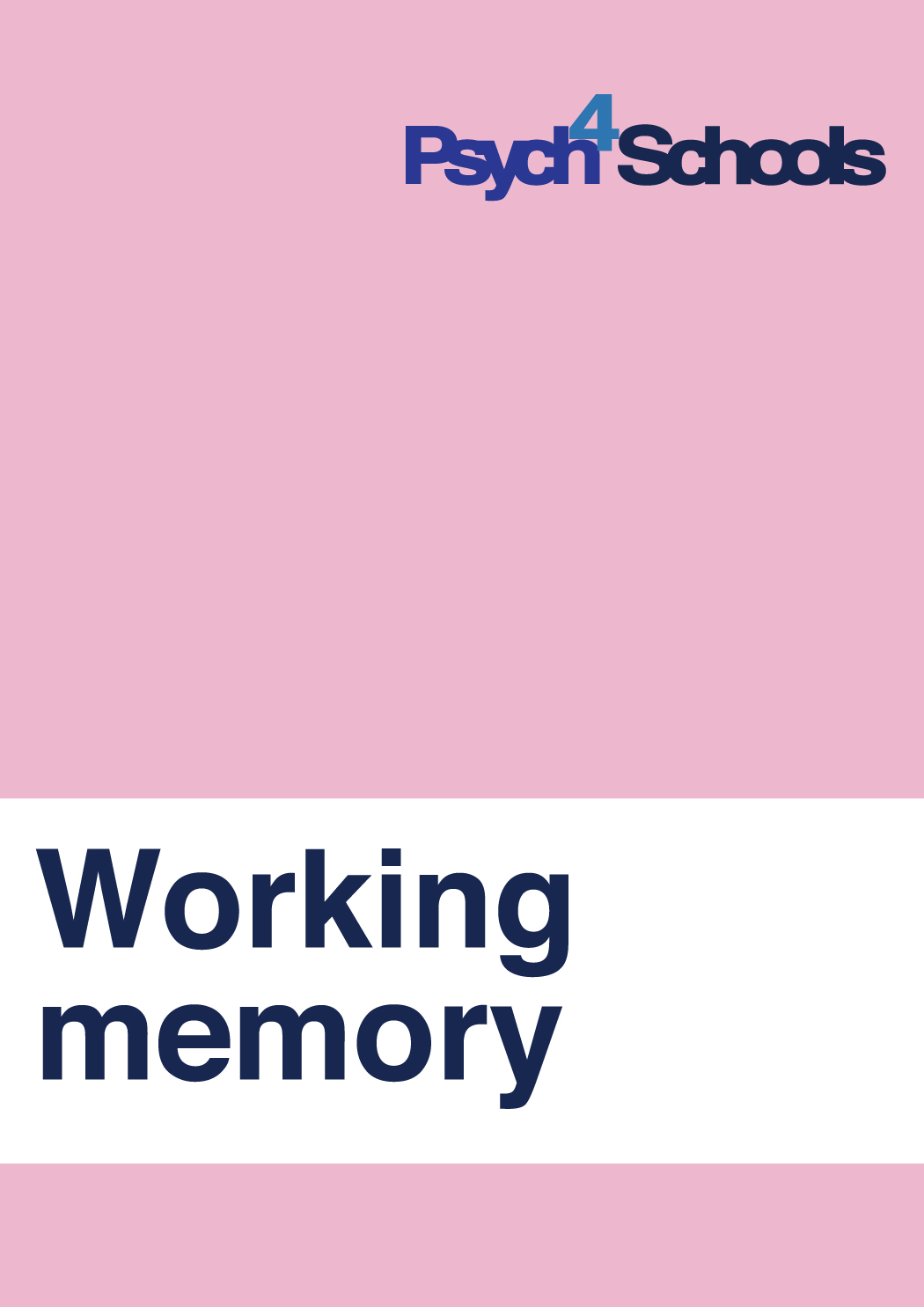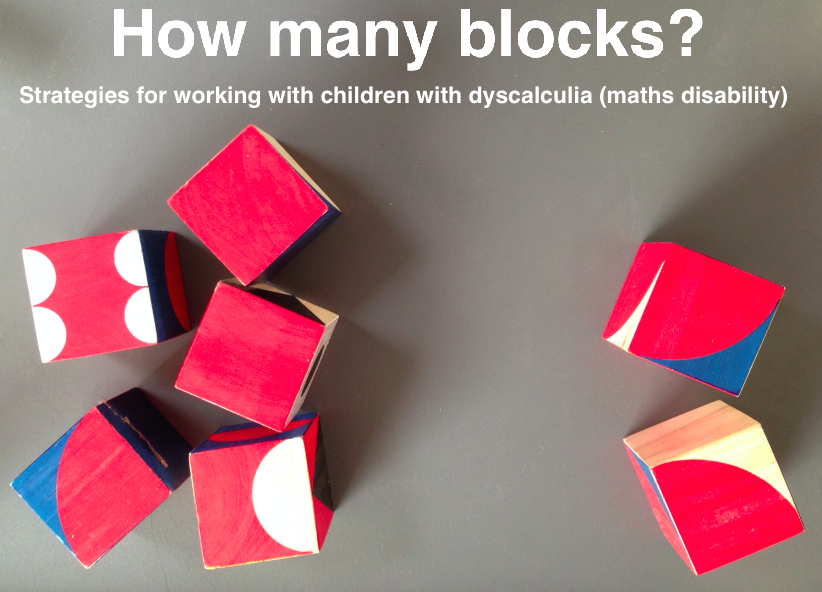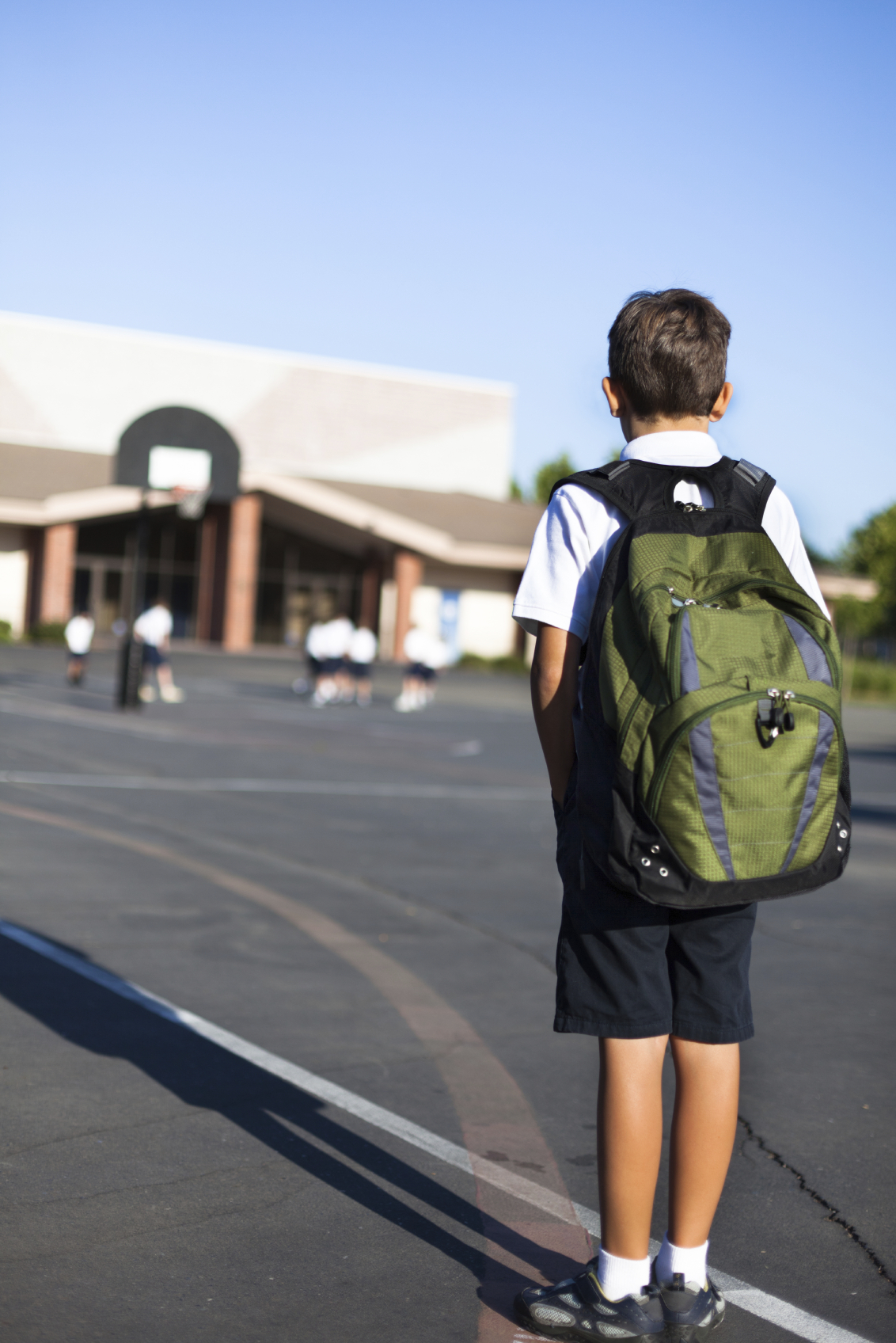Supporting learning, behaviour and wellbeing
Evidence-based practical strategies for teachers, psychologists, other professionals, and parents/carers working with children in primary and junior secondary schools.
Explore free resourcesMembership is available to individuals, whole schools, regions or institutions working with children and parents in primary to junior secondary schools.
Membership benefits
- Unlimited access to ebooklets, resources, screening tools, and practical strategies for working with children, parents, and colleagues
- Build capacity to link wellbeing and management with teaching and learning
- Practical support for developing plans for behaviour management, individual learning and school attendance
- Our blog library offers practical ideas to support healthy psychosocial development, emotional regulation, and effective learning for those with additional needs
- Communication tips and advice for managing difficult meetings and maintaining the wellbeing of yourself and others
- Psychologists save time writing recommendations in reports by drawing on strategies described in ebooklets.

Blogs
Working with children who call out
Low-level disruptive behaviours are common in many classrooms, and the impact on student learning cannot be under-estimated. The OECD Teaching and Learning International Survey (TALIS) revealed about one quarter of Australian teachers’ classroom time was spent on classroom discipline and administrative tasks, rather than on teaching and learning.[1] Behaviours such as calling out, teasing, being
Read moreDyscalculia is a maths disability
Dyscalculia is a mathematics disability Do you teach students who struggle with the concept of number and calculating? Do they have poor ‘number sense’? Dyscalculia is a mathematics disability causing significant difficulties with: number (size or quantity) the relationship of numbers to one another a lack of sight recognition and feel for number problems with
Read moreAnxiety and Autism Spectrum Disorder
Autism spectrum disorder (ASD) is a collective term for a group of neurodevelopmental disorders characterised by persistent deficits in social communication and social interaction, and by repetitive patterns of behaviour and restricted interests.[1] The severity of autism is diagnosed from mild to severe and reflects the degree of support the child needs in relation to
Read moreSchool Refusal: Strategies and Resources for Schools
School refusal is a complex issue that affects a significant number of students and their families. It can be a challenging experience for everyone involved, from students and parents to teachers, principals, and psychologists. Understanding underlying causes of school refusal and various strategies that can be employed to address it are crucial for effectively supporting
Read more







